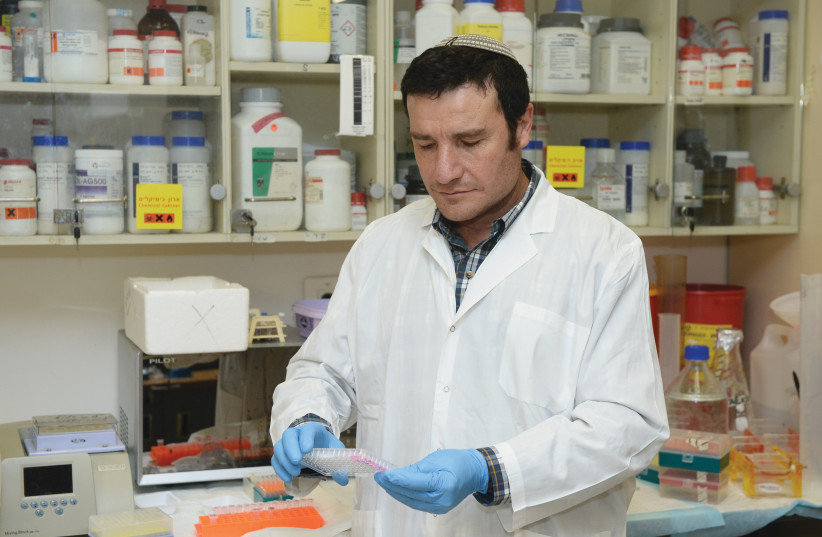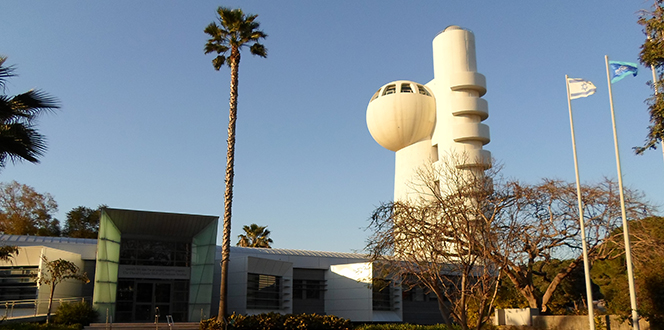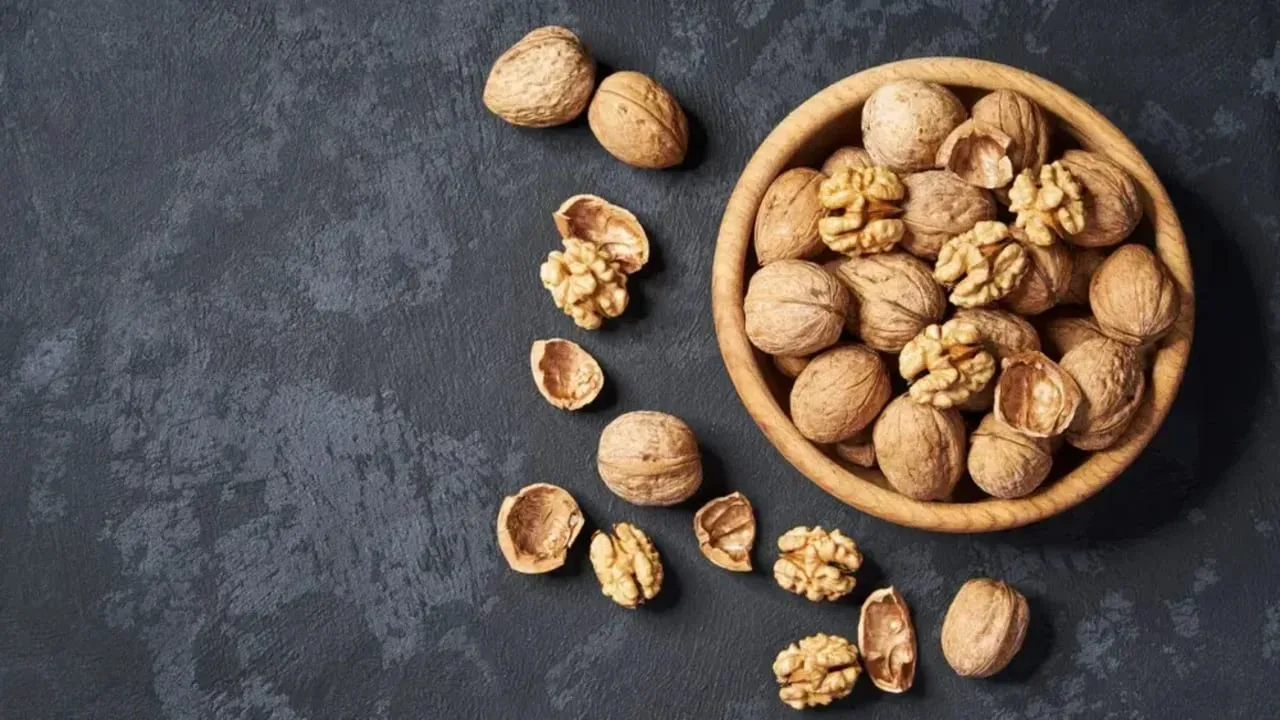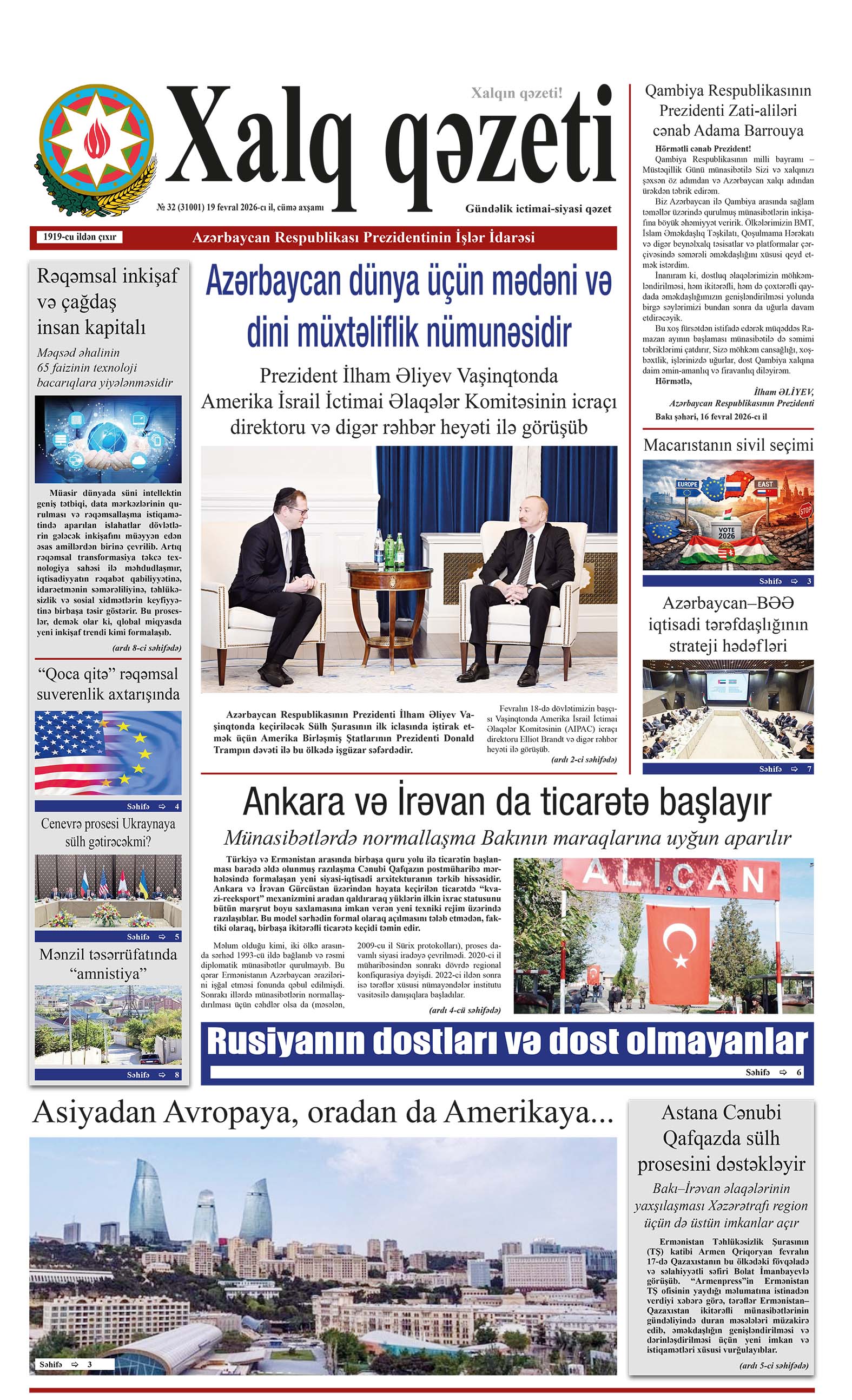By JUDY SIEGEL-ITZKOVICH
The team used the name PHARAOH because they produced a transgenic mouse they named “Moses” that lives 30% longer than ordinary mice, due to having different genes.
Nowadays, we can demand that PHARAOH grant us healthy aging. PHAROAH is the acronym of Positive Posttranslational Modifications Regulator of Healthspan developed at Bar-Ilan University (BIU) in Ramat Gan. It helps people both longer and free from disabilities and disease complications.
The team used the name PHARAOH because they produced a transgenic mouse they named “Moses” that lives 30% longer than ordinary mice, due to having different genes. Although it is claimed that when one eats less, one lives longer, this special rodent is, in fact, chubby and thanks to its expression of the SIRT6 (sirtuin) protein at high levels – they age more slowly and act like young mice as if their diets had been restricted.
Humanity has witnessed over the past few decades a remarkable and continuous extension of lifespan – but this progress has been accompanied by a growing aging population increasingly affected by age-related disease such as cancer, neurodegeneration, and diabetes. To extend not only lifespan but also the amount of time people can enjoy good health (“healthspan”), a more profound understanding of the biological mechanisms that support healthy aging is vital.
In nature, the lifespans of mammals vary dramatically, from only one or two years in some rodents to over a century in whales and humans. This extraordinary diversity raises a fundamental question: What enables long-lived mammals to maintain health into old age?
The search for an answer led to an urgent need for new approaches for extending human healthspan. A deeper understanding of the underlying mechanisms of healthy ageing is required. Armed with such knowledge, it will be possible to develop interventions that will help alleviate the negative impact of ageing and convert the elderly population from dependent to contributing individuals. One intriguing option to explore how healthy ageing may be achieved is by analyzing nature’s largest ongoing biological experiment – evolution – and in particular, the development of long-lived animals.
In a new study published in the prestigious journal Nature Communications under the title “The mammalian longevity associated acetylome,” BIU researchers deal with this question by making use of evolution, which is the most extensive and long-term experiment of all.
Until now, few studies have tried to understand the mechanisms underlying the increased lifespans of long-lived organisms. These studies suggested that such species develop and enhance specific longevity-favoring characteristics including body size, brain development, sociality, increased DNA repair, and protection against tumor formation.
The research was led by Prof. Haim Cohen, director of the Sagol Healthy Human Longevity Center at BIU’s Goodman Faculty of Life Sciences in collaboration with Dr. Sagi Snir of the University of Haifa. Sarit Feldman-Trabelsi, a doctoral student in Cohen’s lab, developed the novel computational tool called PHARAOH.
New Israeli development compared 107 different species' protein sequences
Using advanced statistical methods, PHARAOH compared protein sequences across 107 different species of mammals that have varying lifespans. This approach made it possible for the researchers to trace specific protein changes, especially posttranslational modifications (PTMs) such as acetylation, throughout evolution, and identify those consistently enriched in long-lived species.
Cohen, who studies the molecular mechanisms that determine the rate of aging and researches longevity and healthy aging, told The Jerusalem Post that PTMs regulate essential cellular processes and have been linked to increased resilience against age-related diseases including cancer. By comparing long-lived and short-lived mammals, the team uncovered consistent protein modifications connected with extended lifespan. Experimental validation confirmed that the PTMs identified by PHARAOH play significant biological roles in aging and disease resistance.
In the course of his research, Cohen showed that SIRT6 protein levels increase under conditions of calorie restriction and even fasting. These findings suggested that SIRT6 protein plays a key role in extending lifespan and prolonging healthy life through caloric restriction. Age-related diabetes and inflammation were significantly eliminated among them and gene expression was almost identical to that under calorie restriction. The SIRT6 protein was found to protect against the development of frailty that characterizes the elderly, who may suffer from fatigue and inactivity; at a very old age, mice that overexpressed the protein showed the same level of physical activity as young mice.
One striking insight from the study is how large mammals like whales show dramatically lower cancer rates despite having significantly more cells than smaller animals. The research revealed that certain PTMs found in these species likely serve protective roles against cancer, shedding light on molecular strategies for disease resistance and longevity.
“In the future, we plan to study other animals, including non-mammals like tortoises. But it will take five to 10 years to apply what we learned to extending human longevity and health span,” he added. “These findings pave the way for future research into therapies that target proteins and modifications associated with healthy aging. By manipulating nature’s own longevity strategies, we aim to uncover new methods to slow aging and combat diseases such as cancer, Alzheimer’s, and diabetes.”
Specifically, a number of proteins/pathways shown to control lifespan in model organizations that have short lives may have life-extending functions in long-lived ones.
“For example, the expression of the well-known tumor suppressor protein p53, which was shown to control the lifespan of short-lived organisms, is significantly increased in elephants. This finding was suggested to explain the low incidence of cancer and increased survival in these long-lived mammals,” he continued.
Cohen concluded that “our findings offer a promising path toward understanding how protein modifications can protect against age-related diseases and promote longer, healthier lives. By pinpointing the PTMs linked to longevity, we can begin exploring therapeutic strategies that mimic these natural, evolutionarily conserved mechanisms.”
















